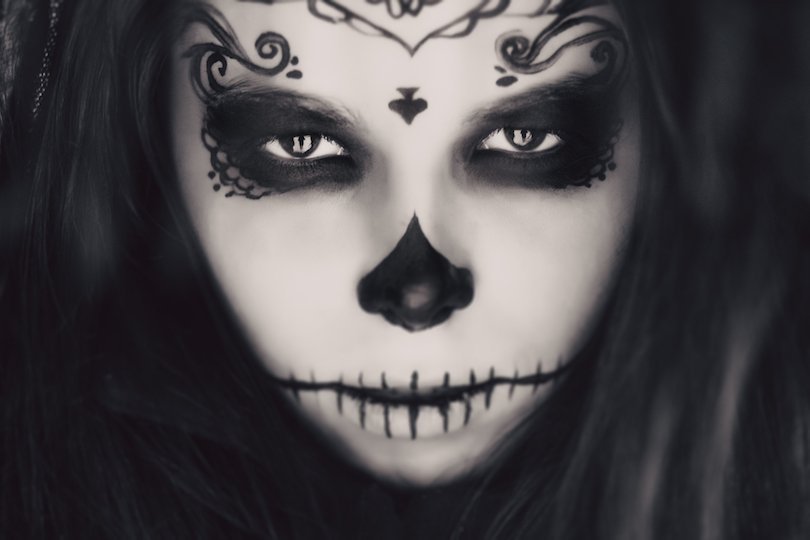
Introduction
I have been composing this post for some time. Apologies if it is long and perhaps a bit tangential.
In some ways I think that to be analagous to the attitude that many of us have towards life and death. They could be viewed as ambiguous and not readily apparent to ourselves on a conscious level.
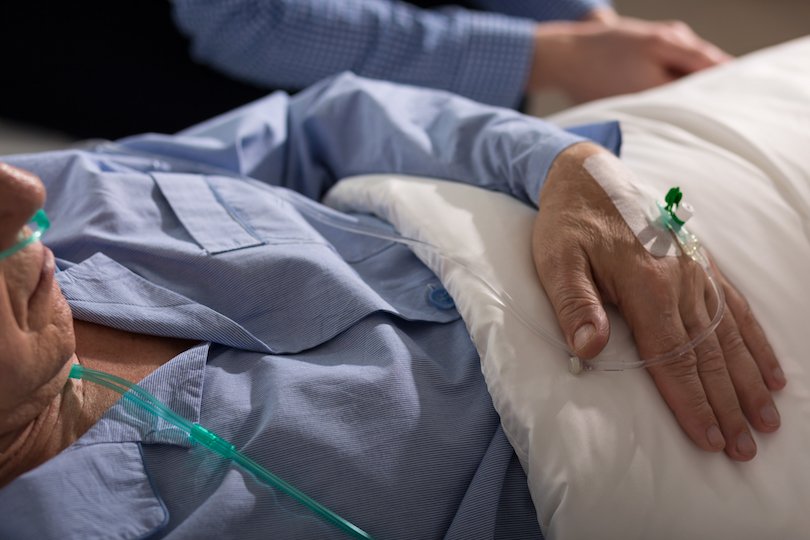
In my medical work I have had to confront death professionally from early adulthood in a way that many people are shielded from it (at least until later in life). I have also confronted my own personal mortality in recent years due to my own ill health.
It is easy to take your own health and mortality for granted until you are forced to confront it. It is at that point that your realise that things like career and material consdiderations are not as important as you used to believe.
The TLDR is that hiding from death actually makes us lose focus and more prone to wasting the finite time that we have.
Certain or Uncertain?
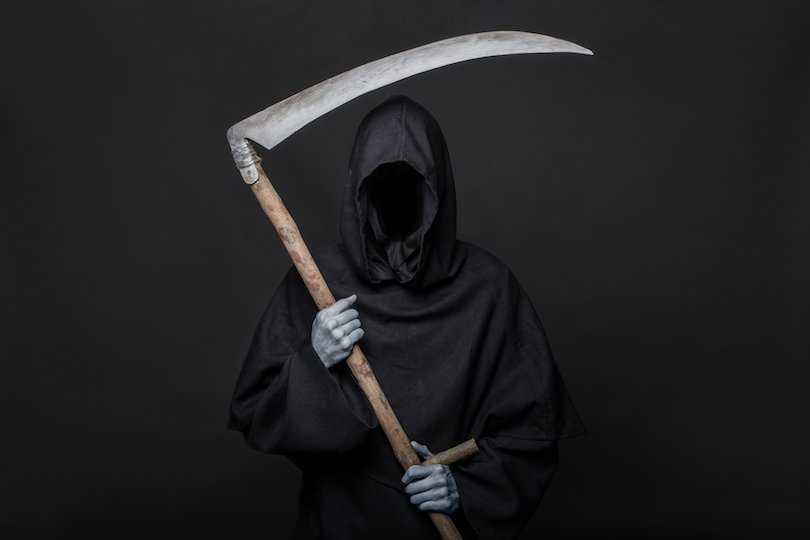
Death is a certainty from the first day we are born.
Even if life span can be extended to being almost indefinite, death will still exist. It is unlikely that all disease or for that matter accidental forms of death could be conquered or prevented.
In western society we are largely shielded from the process of death and dying. This is perhaps a manifestation of a cultural taboo that is itself a function of our collective anxieties about our own mortality.
It is messy and depressing. It literally doesn't feel good to think about it so we push it aside or bury it.
By keeping it hidden and rarely discussing it we serve to protect ourselves.
It is my belief that this can actually paradoxically end up harming us.
Death in the news
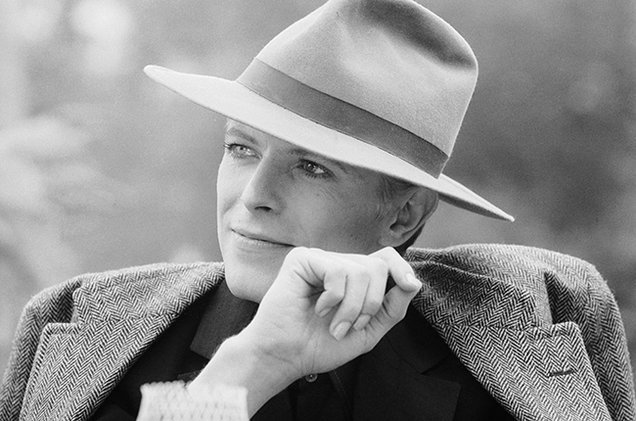
Image of David Bowie from Billboard.com : Source
It seems that this year (2016) we have had a lot of celebrity deaths. In the bizarre way our culture functions this seems to be one of the main ways that the topic of death comes up.
I myself was struck by the deaths of people whom I considered icons such as David Bowie, Mohammed Ali and Prince.
Perhaps this tells us that death itself is another form of entertainment. Something that is mythologised as only happening in "stories" we hear and not in the real world.
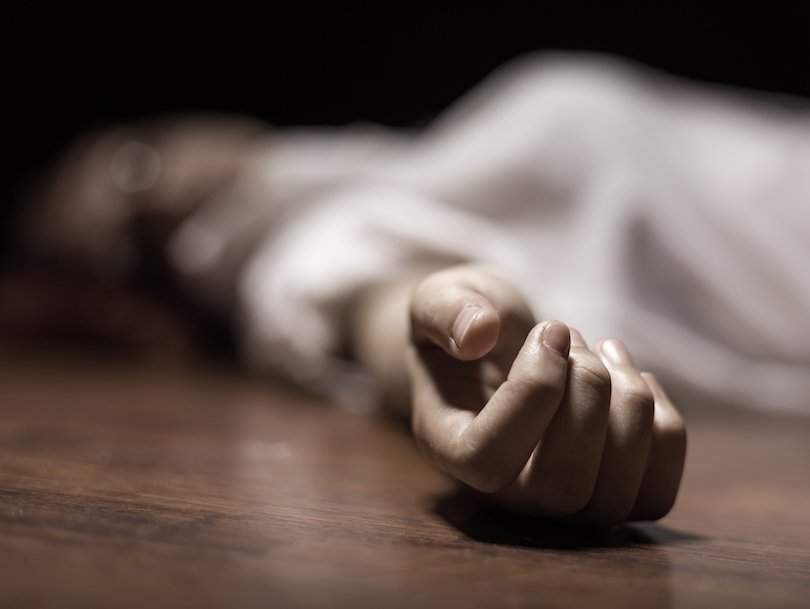
There is a contradiction here too. These people are larger than life and attain a sort of immortality in our media.
After all, one could view the celebrities of the modern age as the modern equivalent of the mythological figures of old - like Hercules or Achilles.
We hear and are told the stories of their lives in new technological ways, yet we are still just as detached from them as earlier peoples were from their celebrities.
I also find that it is interesting that celebrity deaths seem to allow people a means to express grief in a public way that is not so apparent with the deaths of family members.
Just think back to the public outporings of grief when for example Princess Diana died or Michael Jackson. We can also see similar things with major disasters and tragedies.
Why are people more readily able to express grief for someone they never really even knew?
I think at least part of this is a form of cultural conditioning to maintain the death taboo.
Perhaps part of the taboo is that on certain occasions it is allowed to express collective grief as a proxy for the grief that we all feel and repress the rest of the time.
It might be considered a cultural release valve that allows more efficient suppression of fears and anxieties in the intervening periods.
Death in the past
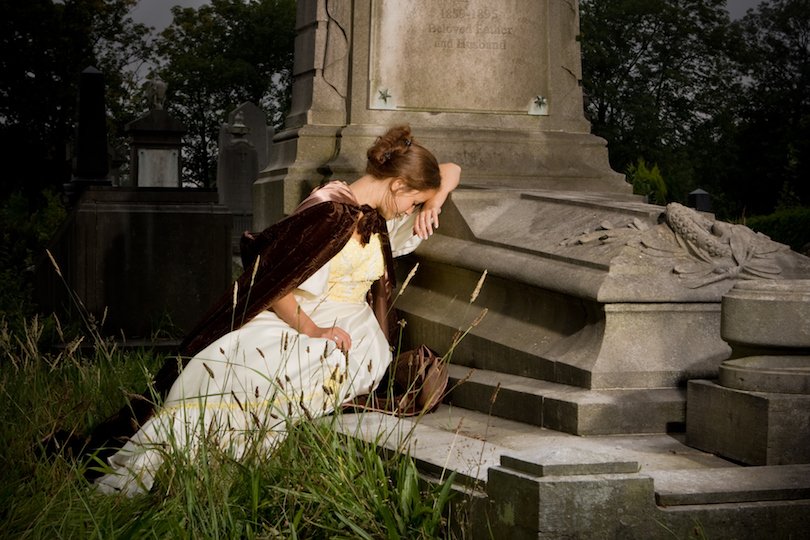
Going back just 100 years, most people would have died at home. The lack of healthcare and immunisation meant that most children did not live beyond early childhood.
Couple this with the poor life expectancy for adults who survived childhood, the atrocious working and living conditions for most people and the average person would have confronted death from early life on a regular basis.
They would also have been actively involved in the preparation of and arrangement of the bodies of their relatives.
Undertakers are primarily a Victorian invention and were a luxury that only the wealthy could afford. Even in those cases it could be some time before a deceased loved one's body would be taken away.
People could lie "in state" for several days. It was common for people to come and view the bodies of deceased friends and relatives prior to burial at the family home.
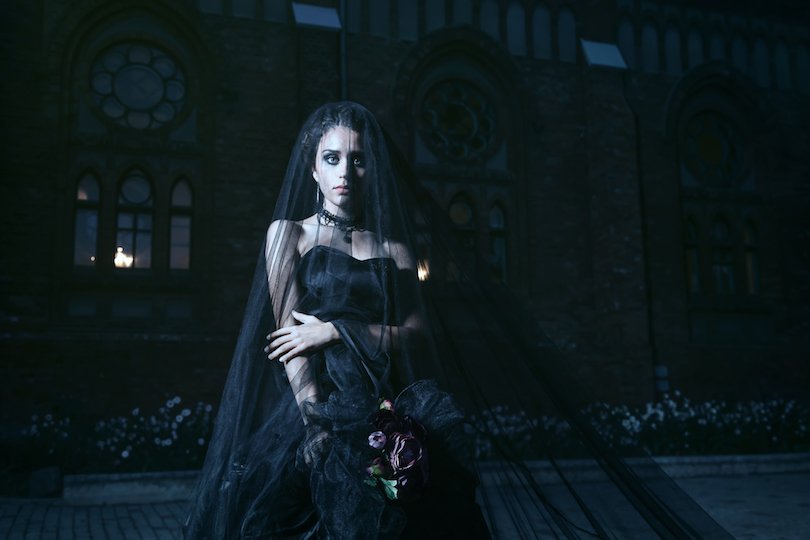
Some people would even create photographic portraits of their dead relatives a practice sometimes referred to as "mememto mori" (Latin: "remember that we have to die").
There were certain rituals that had to be performed in relation to mourning. Certain items of clothing would have to be worn to commemorate the deceased person and there were strict rules about how long these had to be adhered to.
Death was literally all around and almost impossible to escape. There was no means of hiding it and masking it as we do in the modern world.
People still functioned and got on with their lives inspite of this. They had no other choice.
The death of summer as a methaphor for our own mortality
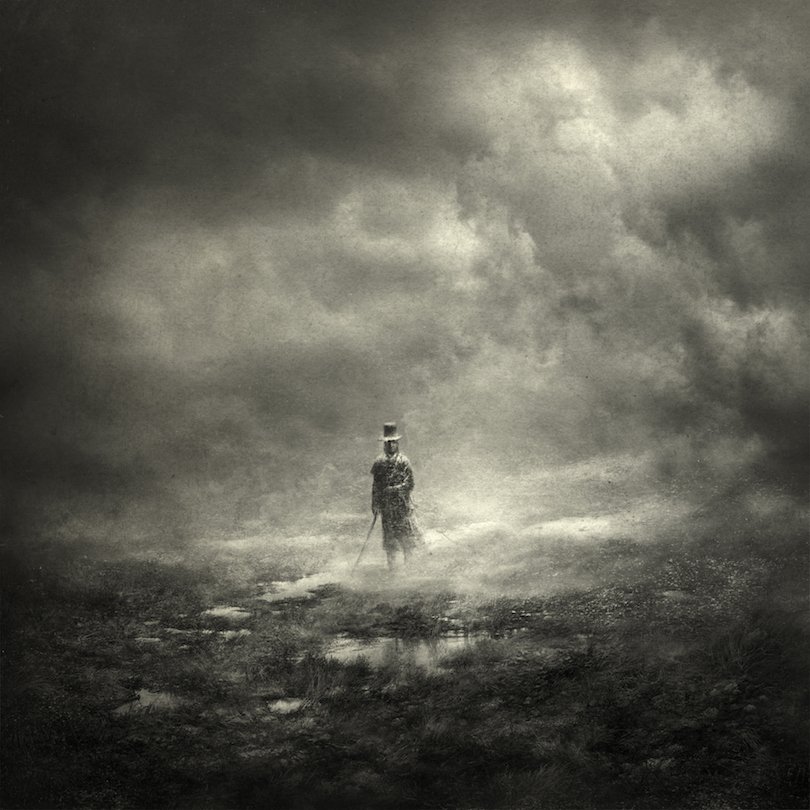
It is at this time of year as winter is drawing close that we can empathise more closely with our ancestors who saw this as a time of death.
Life is slowly ebbing away all around us. To more primitive cultures the leaves slowly falling from the trees and the shortening of the days would be a stong indicator of the sun's impending exile.
The beautiful colours of autumn are tinged with a sombre melancholic tone which mourns the death of summer.
As the leaves turn brown and slowly fall away so too we see the death of this year in preparation for the next.
It is a metaphor for our own lives.
We start of as young children and march towards death leaving the world behind for new life to take over and begin the same inevitable march once more.
There is a certain poetic poignance to this eternal cycle.
Death in modern western culture - "only other people die"
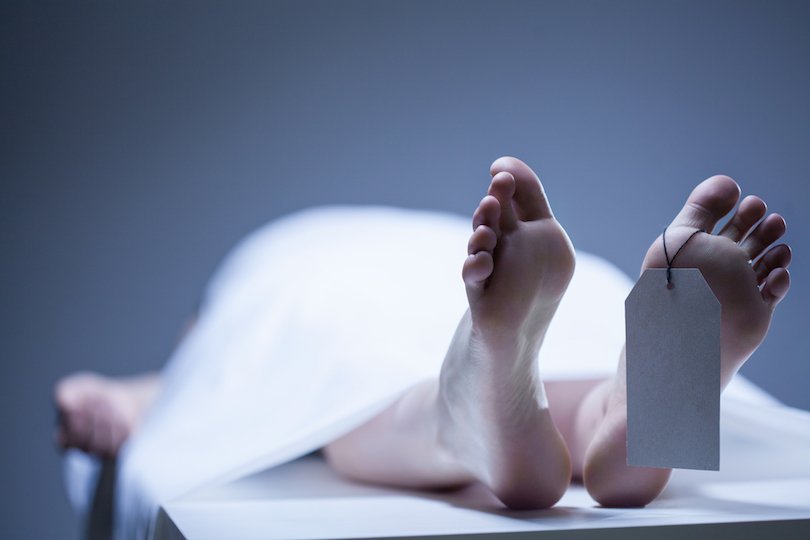
As previously stated we will all die and yet we somehow maintain a strange kind of disbelief in it.
It is only something that happens to "other people" - something we hear about on the news or in gossip.
The irrational parts of our ego are unable to confront the ending of our own existence.
I believe part of this manifests in our spiritual belief systems which deny the finality of death and promise us an afterlife.
Despite our "progress" and scientific advancement, these kinds of belief systems still pervade our modern world.
There is a strange irony that many still believe in the promises of organised religion whilst simultaneously clinging on to the technological totems of science and the scientific method.
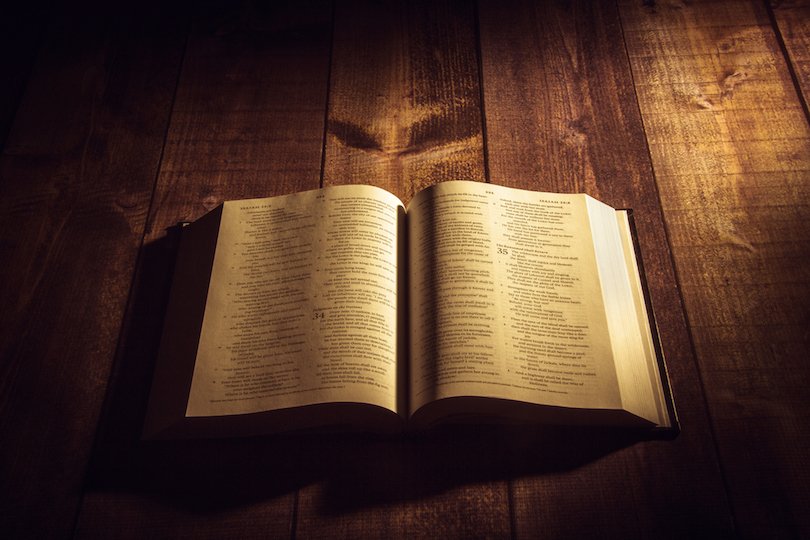
I am referring to our mobile devices - phones, tablets and the like. Many people are unable to live without these.
The irony and dissonance of this is not lost on me and yet I remain an irrational human much like the next person.
I think no matter how strongly skeptical and scientific minded we are we all hope that death is not the end for us.
I myself hope that there is some kind of continuation of existence so that we may one day be reunited with all of those we have lost. That may not be scientific or even rational but I think it is hard not to cling on to that hope.
Nonexistence is by it's very nature almost impossible to comprehend so we persevere with the hope that it is not our ultimate destination.
Perhaps it is wishful thinking. None of us will know for sure until we get there.
Mocking death as a form of protection from it
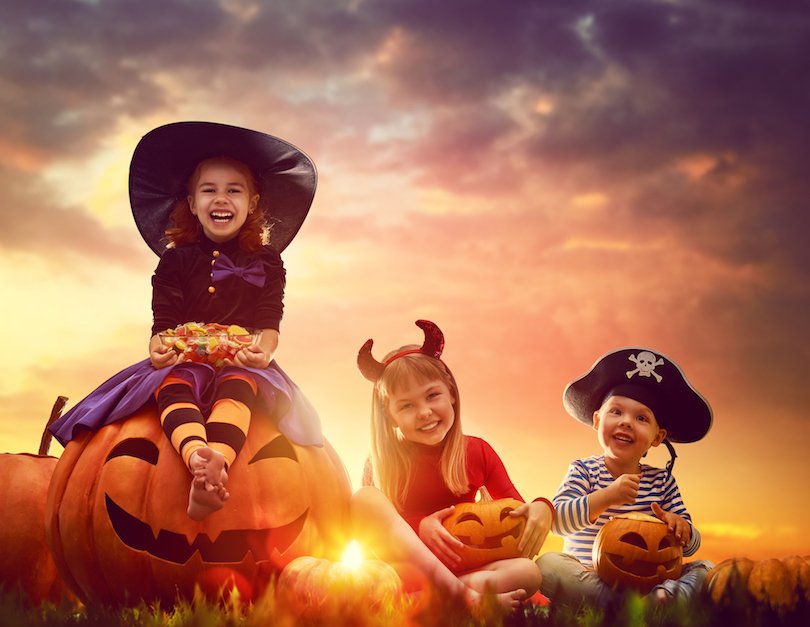
We still have festivals like Halloween which celebrate the dead and the souls of those who have gone before us.
I think that this was originally both to respect them and also to ask for their protection in these dark months.
Indeed as mentioned earlier the lack of food and warmth would have been literally life threatening to our ancestors when these festivals were originally created.
These days Halloween is more of a holiday and celebration for the children.
Our discomfort with death is so strong that we turned this once serious festival into something that bears little resemblance to what it once did.
By making it into something for children we in a sense mock death and try to fool ourselves into thinking that it has no power over us.
This is a further part of our general western cultural denial of death itself.
I also believe it is an unconscious attempt to innoculate ourselves against our fears in an example of unconscious "magical" thinking.
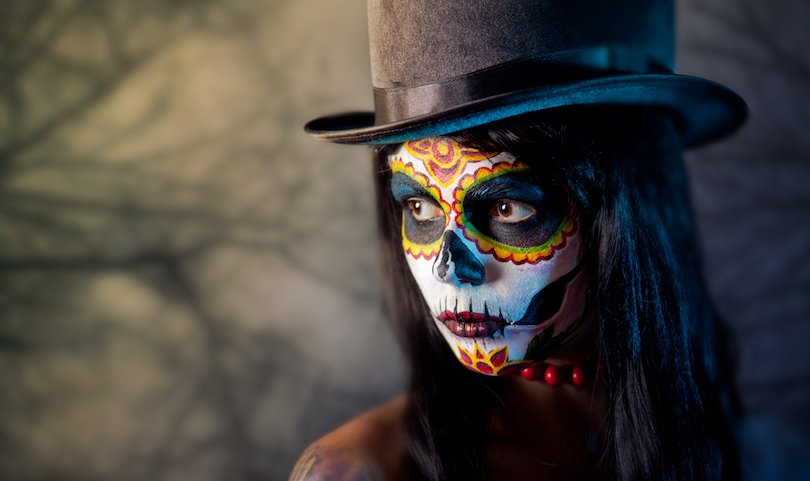
I think in some more traditional cultures we can still see some of the original attitudes towards the confrontation with death.
In Mexico we can see the "Day of the Dead" which from my observations is just as much about honouring those who have passed on as having a celebration for children.
Further there is the recent popularity of the cult of "Santa Muerte" (Saint Death) which has a much more fatalistic focus. Contrary to popular opinion it is not just supported amongst criminals and gangsters but is gaining popularity amongst the poor and dispossesed too.
There are also similar celebrations in developing nations. Some of them actually involve disintering the remains of relatives and carrying them through the streets in a manner that would be seen as outrageous in the West.
It is perhaps not a coincidence that these are also the people who are most likely to be confronted with death on a day to day (non occupational) basis.
The psychoanalytical viewpoint of death
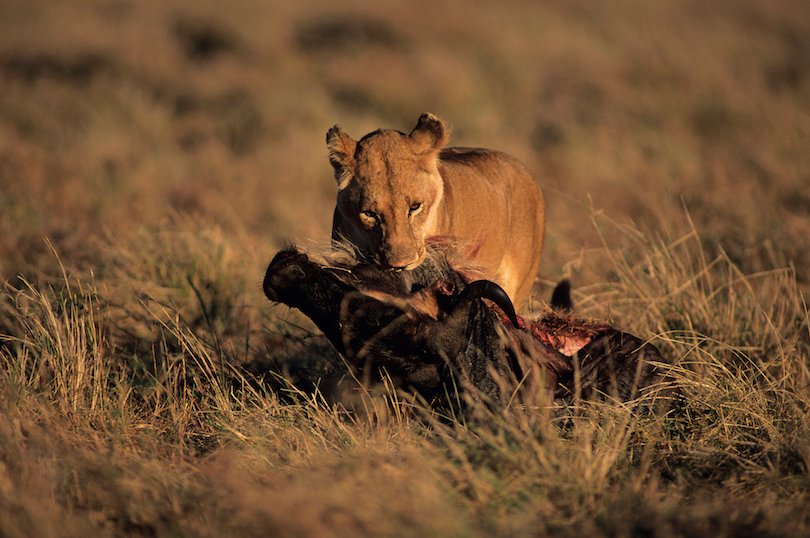
The father of psychoanalyis Sigmund Freud evolved his opinions on death throughtout his lifetime.
Initially he believed that people's fears of death (thanatophobia) were a mask or substitution for other unconscious fears that they were unable to openly express._
This initial belief was based on his assumption that human beings were incapable of truly comprehending death due to the fact that we have by definition no means of experiencing our own nonexistence.
In his later life he revised his opinions and believed that there was a true human fear of mortality. Further he believed that there were two competing impulses in the human mind.
The first one was for productivity and self preservation - the survival impulse as most people would understand it.
The second equally powerful impulse he termed the "death instinct" was responsible for a hunger for death and destructive tendencies.
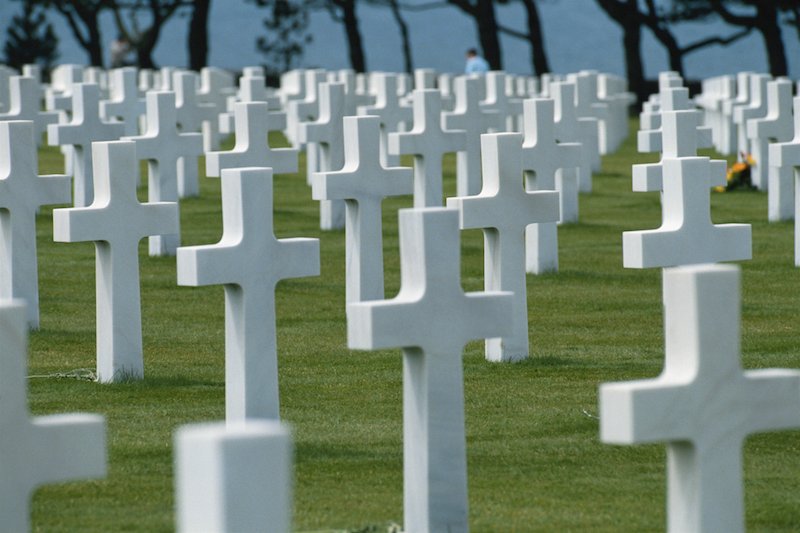
Living at the time that he did (from the mid 19th century up until the beginning of Worl War II) - one can perhaps understand this evolution of thought.
It was one of the most violent periods of recent history.
Whilst I generally disgree with a lot of what Freud believed I think there may be some merit in this.
I think we have all acted with self destructive tendencies at some point in our lives, or confronted others whose behaviour could be considered an expression of a "death impulse".
I don't believe that this explains everything about human motivations though. Real life and behaviour are rarely quite that simple.
Why is denial of death bad?

So I have spent all this time discussing how attitudes to death have changed and how we protect ourselves from it in western culture.
The question then inevitably arises:
Why is this bad?
I think there are a two main reasons for this:
- It makes us value our lives, health and time less.
- It makes us value the lives, health and time of others less.
To explain in more detail, our detachment from death gives rise to the sense that we all have unlimited time to accomplish our goals and do what we want.
It allows for endless procrastination and the wasting of time.
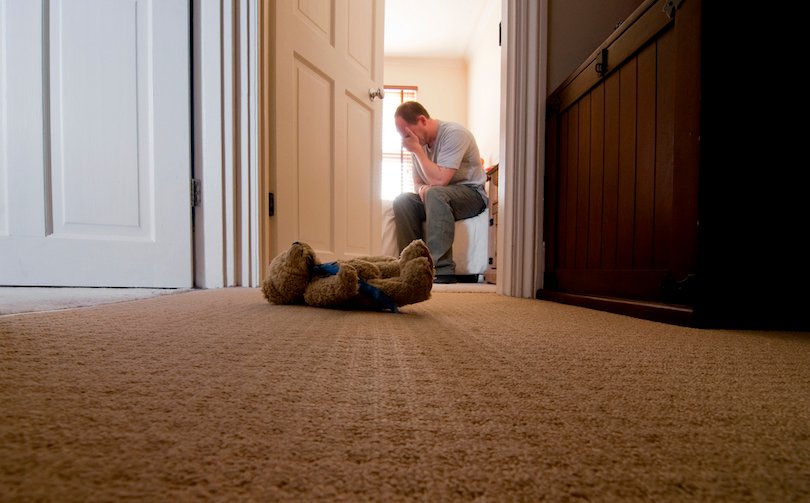
It makes it all too easy to keep putting things off and to remain unfocussed because we all have the assumption that we will have time in the "future".
The thing is none of us knows how long we have or how long that future will be.
Imagine if your doctor told you tomorrow that you had 6 months to live.
How much much more motivated would you be to accomplish things with that time limit? Would that 6 months give you focus in your life that you otherwise lacked? Why?
None of us know for sure if we have 6 months, 6 years or 6 minutes left for sure. Why do we act like we have unlimited time?
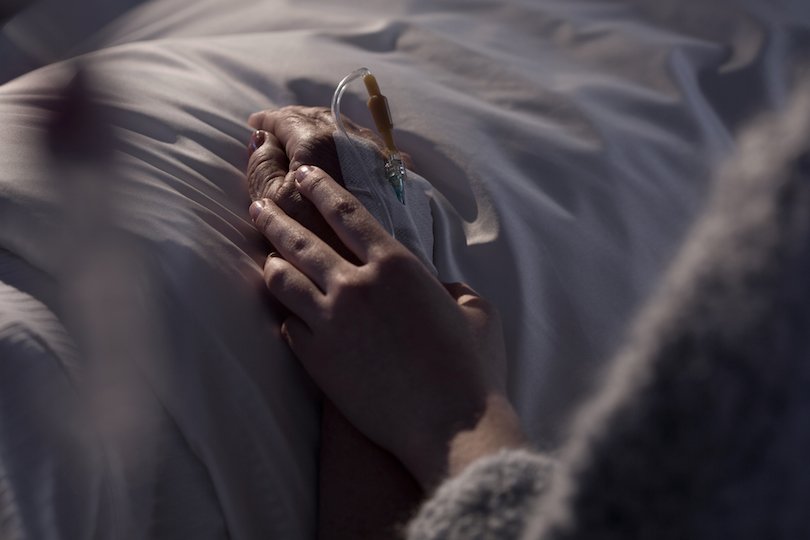
Coming to the second point - if we had a terminal illness, how much easier would it be to get over petty squables, grudges and other things that get in the way of our relationships with loved ones?
I suspect it would make it a lot easier to overcome such barriers, yet as I said before we live like we have an unlimited lifespan to resolve such issues.
We also assume that our loved ones have an unlimited amount of time too, so we often neglect to tell them how we truly feel or treat them the way we should.
It is sad but I think this perpetual state of denial is in effect detrimental to us and those we care about.
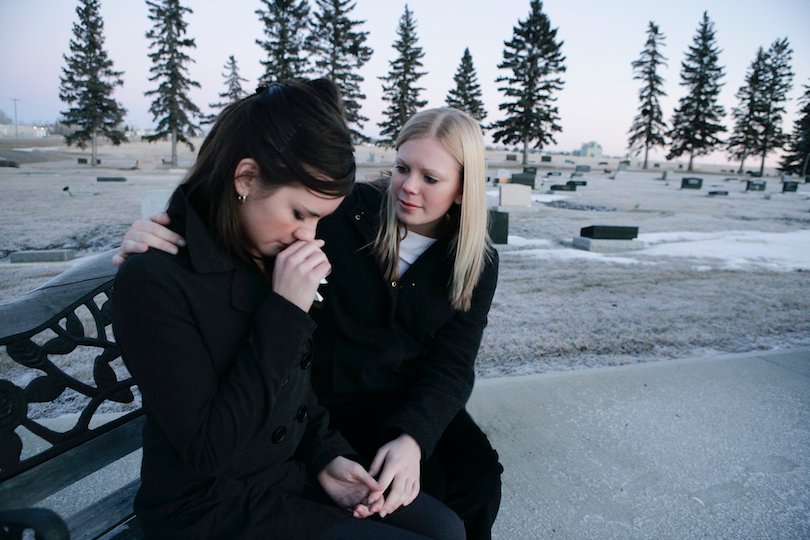
Taking it one step further, how many of us have ever let our loved ones know our wishes for how we would like to be buried, cremated etc?
How many of us have put plans in place to pay for funerals, burial and also insure against costs that might instead fall upon our loved ones?
How many of us even know what our loved ones' wishes are?
These may be boring and morbid issues but the very last place anyone wants to be having to deal with these things is during the turmoil of a breavement.
Sadly in this way our denial of death can potentially worsen the burden on our loved ones in the event of our unexpected demise.
It can also serve to result in us spending our lives without focus or aim in a way that we might later regret (assuming we get the opportunity).
Conclusion

I believe the way that western culture shields us from death can actually be unhealthy and make us lose focus in our lives.
Most of us will have to confront it at various times in our life. We are not isolated islands of existence.
We all have friends, family, loved ones and the one certainty for us all is that we will die. The only question is the timing of it.
If we confronted it more often then we might actually live better lives and make the most of the limited time that we have.
Paradoxically facing death may make our lives better.
Your Reward for Reading:)
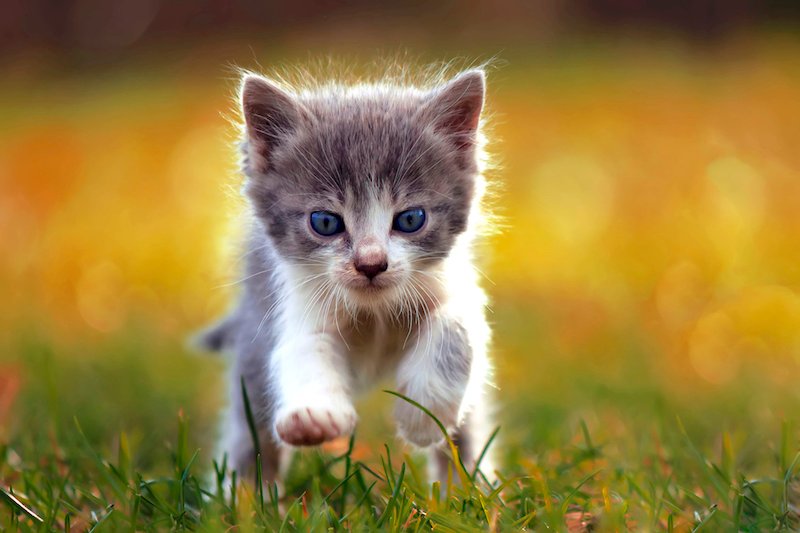
If you like my work and aren't already, please follow me and check out my blog (I mainly discuss photography but I do other topics too) - @thecryptofiend
Photo Credits: All uncredited photos are taken from my personal Thinkstock Photography account. More information can be provided on request.
(Verification for me here: http://www.aapicture.com/about-me)
Some of my other recent posts
- How to Get Noticed if You Are A New User on Steemit
- The Other Side of the Coin - Dealing with the Onboarding Issue and Some Ways of Helping
- Get Paid Not Pwned - the Power of Slogans.
- Steemit X Prize Results
- Steemit Quick Start Guide: Step by Step from Registration to First Post
